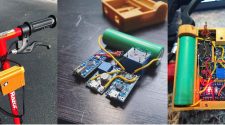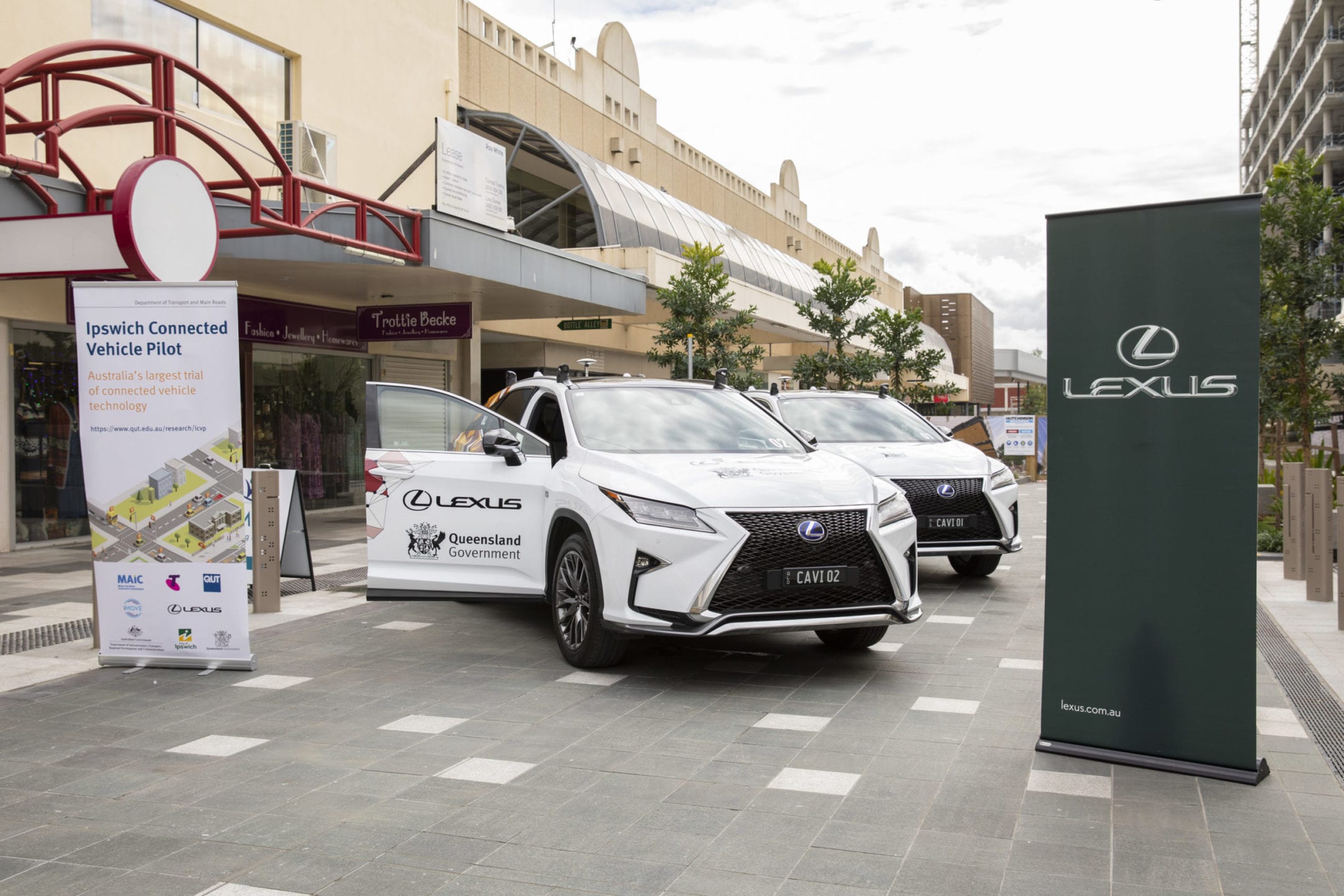The Queensland Department of Transport and Main Roads (TMR) has moved to the next stage of its Ipswich Connected Vehicle Pilot, Australia’s largest connected vehicle trial, calling for volunteers to have their vehicles retrofitted with Cooperative Intelligent Transport Systems (C-ITS) technologies.
As part of our commitment to empowering the development of connected and automated vehicle technologies in Australia, we are supplying TMR with 4G LTE data connectivity for more than 500 vehicles taking part in the trial, and the equipment to operate roadside communications network devices.
We see the enormous potential this project has to unlock considerable social and economic benefits for all of us, which is why we continue to explore advanced technologies and provide industry-leading network innovation across our 4G LTE and 5G mobile networks.
The importance of connected vehicles, whether automated or driven by humans, to help avoid collisions, protect pedestrians and cyclists and smooth traffic flow on congested roads cannot be underestimated. Especially when we know that human error is the cause of more than 95 per cent of road crashes.
In addition to this, Infrastructure Australia estimates that reducing road congestion and improving the effectiveness and efficiency of the road networks has a multi-billion dollar economic benefit, thanks to improved productivity due to less time spent in traffic.
As the nine-month Ipswich Connected Vehicle Pilot kicks off, we will see around 500 connected vehicles exchanging messages with the road network infrastructure systems, in order to alert the driver to potentially hazardous situations. Data will be collected during the trial and will be analysed to derive insights and learnings into the safety benefits of C-ITS, to better inform future decisions about regulation, standards and technology to enable the successful deployment of connected vehicles on Australian roads.
The Ipswich Pilot is an important element of V2X technology development in Australia, which is a focus area for Telstra.
We are a leader in the V2X technology space, partnering with Lexus Australia in 2019 to undertake the ‘Advanced Connected Vehicles Victoria’ (ACV2) trial of Cellular V2X technology for a number of road safety use cases.
Prior to that, in July 2017 we conducted the first Australian trial of Vehicle-to-Pedestrian technology in South Australia using the mobile network, which followed our first Vehicle-to-Infrastructure trial in 2016.
Telstra is also a proud foundation member of the executive steering committee for the Australian and New Zealand Driverless Vehicle Initiative (ADVI), which supports the acceleration of safe driverless vehicles onto Aussie roads.
Safety first
Beyond the brilliance that is zipping through morning traffic, automated vehicles also offer the very real potential to fundamentally change transport and society by improving our road safety.
Although the figures are steadily dropping every decade, there were 6750 hospitalised road casualties as a result of crashes in Queensland in 2018-19, and 228 people were killed on Queensland’s roads in 2018-19. To put that into context, that’s four lives lost every week.
With the announcement of innovative trials like the Ipswich Connected Vehicle Pilot, the future of connected and automated cars – and the promise of safer roads, smarter transport, and smoother rides – grows closer by the day.


















